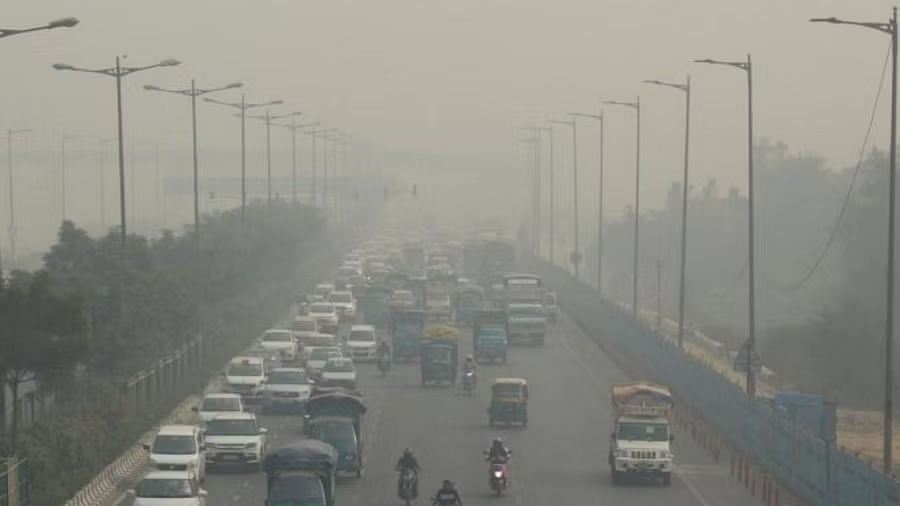
Representative Image.
Credit: PTI Photo
New Delhi: The Delhi Pollution Control Committee (DPCC) has launched a "Dust Pollution Control Self-Assessment" portal mandating all construction and demolition projects in the national capital to register on it and upload regular dust control audits.
In line with the directives issued by the Commission for Air Quality Management (CAQM) on December 20, 2021, the DPCC now mandates that all construction and demolition (C&D) projects occupying a plot area of 500 square metre or more must register on a newly-developed web portal, the pollution control authority said in a notice.
The portal is designed to facilitate online self-assessment and remote monitoring, ensuring that dust control measures are properly implemented across construction sites.
It requires project proponents to conduct regular self-audits of dust control practices and submit fortnightly self-declarations, the notice said.
Additionally, sites within the municipal areas of the National Capital Region (NCR) with plot sizes of 500 square metre or more must now incorporate video fencing and install low-cost PM2.5 and PM10 sensors for real-time air-quality monitoring, it read.
Builders, contractors, and other stakeholders involved in construction and demolition activities are urged to promptly register their projects on the portal to comply with the updated guidelines, it added.
Once construction concludes, registered sites can be marked as complete on the portal, ensuring that dust control efforts are maintained throughout the project's duration and contributing to Delhi's broader campaign to reduce pollution levels, the notice read.
The move aims to enable continuous tracking of pollution levels to provide a clearer picture on the impacts of construction activities on air-quality.
The CAQM has also stipulated that the projects must deploy anti-smog guns according to the scale of construction.
For instance, projects spanning between 5,000 and 10,000 square metre are required to use at least one anti-smog gun, while those exceeding 20,000 square metre must have a minimum of four, it said.
These requirements are in line with the CAQM guidelines issued on November 2, 2022, emphasising the necessity of advanced dust control measures at large-scale construction sites.
The DPCC has also warned that non-compliance with the guidelines will attract strict penalties, including environmental compensation charges and potential halting of construction activities.
The measures follow a series of orders from the Supreme Court and the National Green Tribunal aimed at curbing dust pollution, a significant contributor to the capital's deteriorating air-quality.